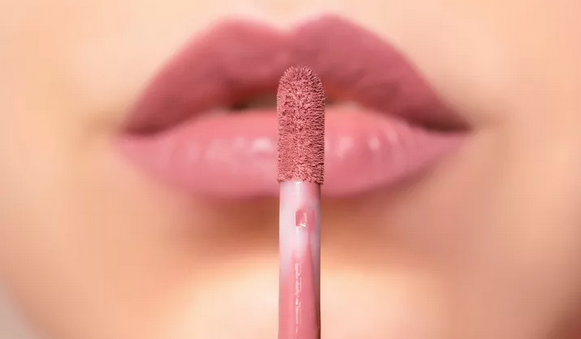
The ‘lipstick index’ tracked the economy up until the face mask era of the pandemic. Now it’s BACK
Face masks, many people thought, would be a death knell to the “lipstick index,” the theory that lipstick sales are inversely related to the health of the economy.
For a while, that proved true. With our mouths and noses hidden behind masks, lipstick became largely unnecessary. (And even if you wore it, it would just smudge on the inside of your mask.) But as mask mandates go away, the makeup industry is seeing a resurgence. And economists are once again tracking sales of MAC’s Velvet Teddy, Revlon’s Super Lustrous, and more.
The lipstick index theorizes that while people cut back on things like eating out and gym memberships when the economy is in crisis, they flock to small luxuries, like lipstick or cookies. It was the brainchild of Leonard Lauder, chairman emeritus of Estée Lauder cosmetics and backed up by that company’s own sales numbers. In other words, lipstick sales could be a major clue about whether a recession is looming—or already underway.
The NPD Group notes that lip makeup (which includes lip gloss and other pucker enhancers) is the fastest growing area in the makeup category for 2022. Sales revenues in the first quarter were up 48% compared with the same period in 2021.
“Economic sentiment has been decreasing over the past year, with confidence in personal finances and making a major purchase falling to an all-time low in March, compared to last year,” says Natallia Bambiza, NPD’s makeup category analyst. “But lipstick sales keep growing, week over week. This steady growth illustrates consumers’ desire to splurge on this ‘nice to have’ makeup item, now that lipstick has a good reason to be worn again. Lipstick is once again becoming the ‘affordable luxury’ that consumers want—and can—turn to for emotional comfort.”
Certainly, the lipstick theory has detractors, who note that lipstick sales are hard to pinpoint, given how many companies manufacture the product and how few break the category out individually. But as inflation rages and fears of a recession continue to grow, expect more than a few analysts to keep at least a covert eye on the next batch of numbers from NPD.




